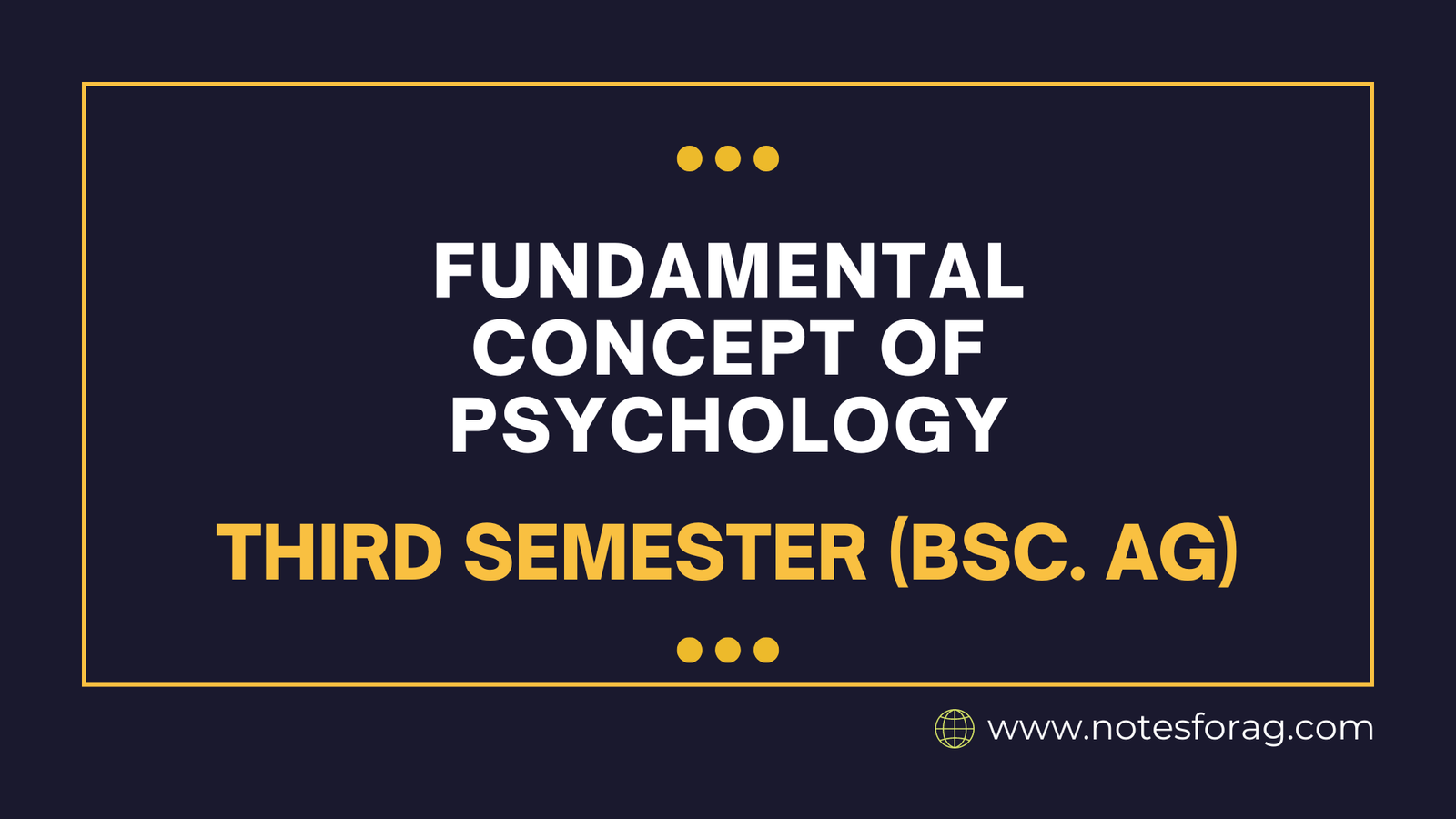Psychology studies the mind and behavior, attempting to comprehend how individuals think, feel, and act. It investigates psychological processes such as perception, memory, and decision-making, as well as emotional and social influences on behavior. Psychology strives to understand the intricacies of human experience via the study of various psychological theories and research, and to apply this knowledge to improve individual well-being and social results.
Table of Contents
Introduction to the Psychology of the Teaching-Learning Process
Educational psychology is a critical field that bridges the divide between psychological theories and educational methods. It focuses on understanding how kids learn, how teachers may improve learning, and how educational institutions can be adjusted for better results. Educational psychology gives vital insights into human cognition, behavior, and emotion, which are required for efficient teaching and learning.
The value of educational psychology stems from its ability to explain the various ways in which students learn knowledge and abilities. This understanding allows educators to develop instructional strategies that address varied learning requirements, resulting in a more inclusive and successful educational environment. The area is founded on several basic objectives, including the study of individual variations among learners, the investigation of diverse learning theories, and the application of psychological concepts to improve educational methods.
Fundamental Concepts
1. Learning Theories:
- Behaviorism: Examines observable behaviors and how they are influenced by inputs and reinforcement. Key figures include B.F. Skinner and John Watson.
- Cognitivism: Concentrates on mental activities such as thinking, remembering, and problem solving. Key thinkers include Jean Piaget and Lev Vygotsky.
- Constructivism: Suggests that learners develop their own understanding and knowledge of the world via experience and reflection. Jean Piaget and Lev Vygotsky are additional prominent figures.
- Humanism: Focuses on the individual’s potential and emphasizes the importance of self-actualization. Abraham Maslow and Carl Rogers are prominent proponents.
2. Motivation:
- Understanding intrinsic (internal) and extrinsic (external reward) motivation can aid in the development of effective teaching tactics.
- Maslow’s Hierarchy of Needs and Deci and Ryan’s Self-Determination Theory are useful theories in this context.
3. Developmental stages:
- Recognizing the many phases of cognitive and emotional development (e.g., Piaget’s stages of cognitive development) aids in customizing teaching methods to the learner’s developmental stage.
4. Learning Styles:
- Different learners have distinct preferences for how they receive and process information. While the efficacy of different learning styles is debatable, the concept promotes a variety of teaching methods.
Elements of the Teaching-Learning Process
1. Learner characteristics:
- Prior knowledge, learning styles, motivation, and developmental level all influence how students interact with content.
2. Teaching Methods:
- Various methods, such as lectures, conversations, hands-on activities, and multimedia presentations, are utilized to successfully communicate information.
3. Instructional Design:
- The process of planning and organizing classes and resources to achieve educational objectives. This includes establishing defined objectives, selecting relevant information, and developing assessments.
4. Feedback and assessment:
- Regular assessments and comments are critical for determining progress and guiding future development. This can be formative (continuous) or summative (final assessments).
5. Classroom Environment:
- The physical and psychological environment of the classroom, which includes organization, resources, and the teacher’s attitude, has a substantial impact on learning.
6. Social and Cultural Context:
- Understanding learners’ social and cultural backgrounds allows for more inclusive and meaningful learning experiences.
Creating a supportive learning environment is essential for catering to varied learners. This includes recognizing individual differences and providing resources and solutions to accommodate different learning styles. A positive learning environment promotes teamwork, resilience, and emotional well-being in pupils. By addressing the psychological aspects of the teaching-learning process, educators can create a more inclusive and effective educational environment.
These concepts and elements work together to create an effective teaching-learning process that supports student development and learning outcomes.
Frequently Asked Question(FAQ)
What is psychology?
Psychology is the scientific study of the mind and behavior, with an emphasis on understanding how individuals think, feel, and act. It investigates mental processes, emotions, and interactions in order to promote individual and society well-being.
How does psychology relate to other fields?
Psychology connects with a variety of fields, including medical, education, business, and social science. For example, it helps to comprehend mental health in medical settings, improve educational procedures, increase workplace productivity, and research social dynamics.
Related Articles

